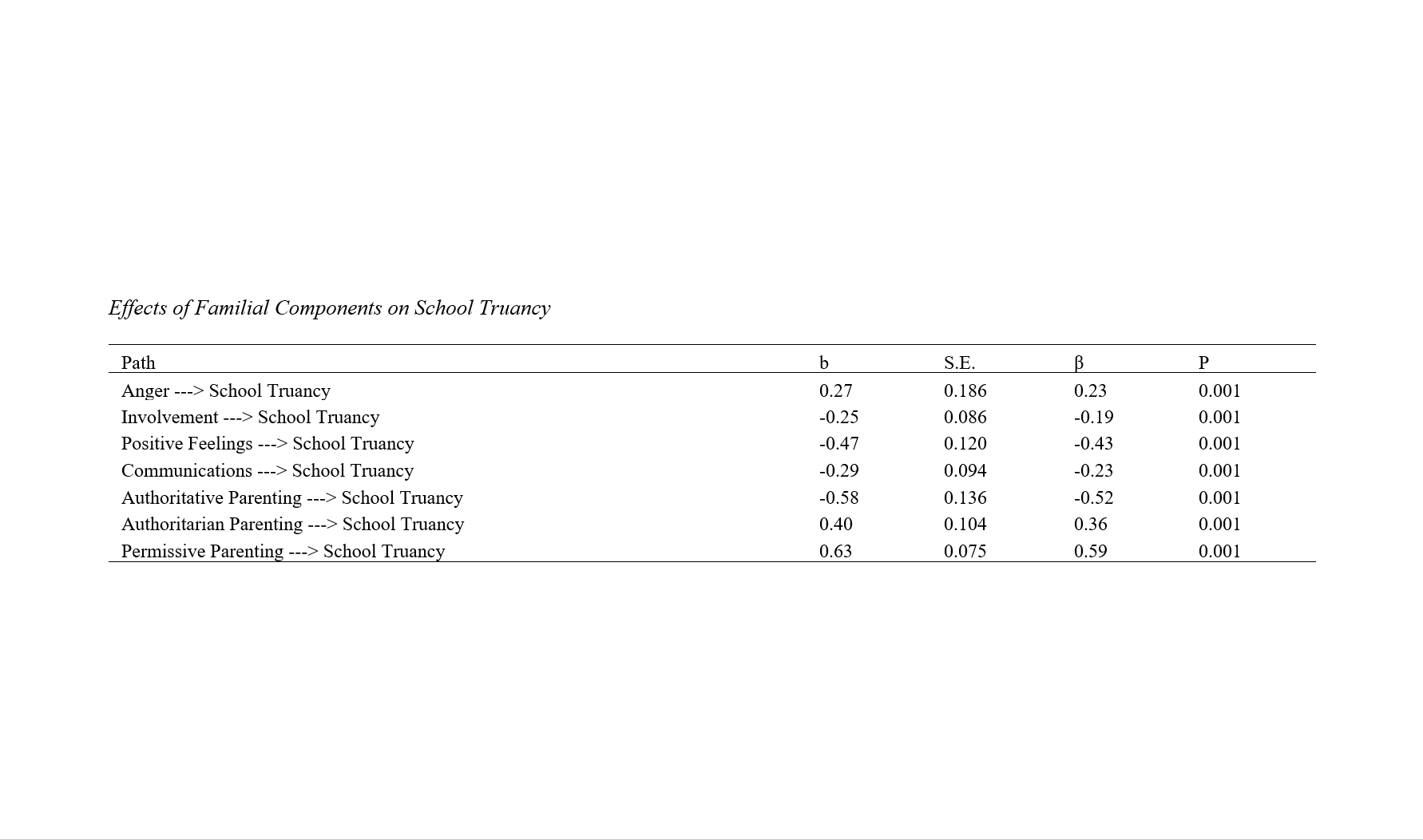Developing a Conceptual Model of School Truancy Based on Parental Conflict and Parenting Style in High School Students
Keywords:
School Truancy, Parental Conflict, Parenting Style, StudentsAbstract
Objective: One of the problems that affects students, families, society, and education is school truancy. The objective of this study was to present a conceptual model of school truancy based on parental conflict and parenting style in high school students.
Methods and Materials: The present research method was descriptive-structural modeling, which examined the relationship between the predictor variable, the criterion variable, and the mediator variable. The research population included all high school students in Islam Abad Gharb during the 2020-2021 academic year. The sampling method of this study was a two-stage cluster sampling. In this way, two regions were randomly selected from the areas of Islam Abad Gharb, and from these two regions, five schools were randomly selected, totaling 500 students. Data were obtained using the Parent-Child Relationship Scale by Fine et al. (1983), the School Truancy Scale by Khormaee and Saleh Ardestani (2015), and the Parenting Style Questionnaire by Buri (1991). Data were analysed with SEM method using AMOS-24.
Findings: The results showed that the path coefficient between the subscales of the parent-child relationship, including involvement and school truancy (p = 0.001, β = -0.19), positive feelings and school truancy (p = 0.001, β = -0.43), and communication and school truancy (p = 0.001, β = -0.23), were negative and significant. However, anger and school truancy (p = 0.001, β = 0.23) were positive and significant. Additionally, authoritative parenting style (p = 0.001, β = -0.52) was negatively and significantly related to school truancy, while permissive parenting style (p = 0.001, β = 0.59) and authoritarian parenting style (p = 0.001, β = 0.36) were positively and significantly related to school truancy.
Conclusion: It can be concluded that school truancy based on parental conflict and parenting style is predictable in high school students.
Downloads

Downloads
Additional Files
Published
Submitted
Revised
Accepted
Issue
Section
License
Copyright (c) 2024 Saleh Sepehr, Zakrollah Morovati, Rasul Rezaei Mollajegh, Hooshang Jadidi (Author)

This work is licensed under a Creative Commons Attribution-NonCommercial 4.0 International License.








